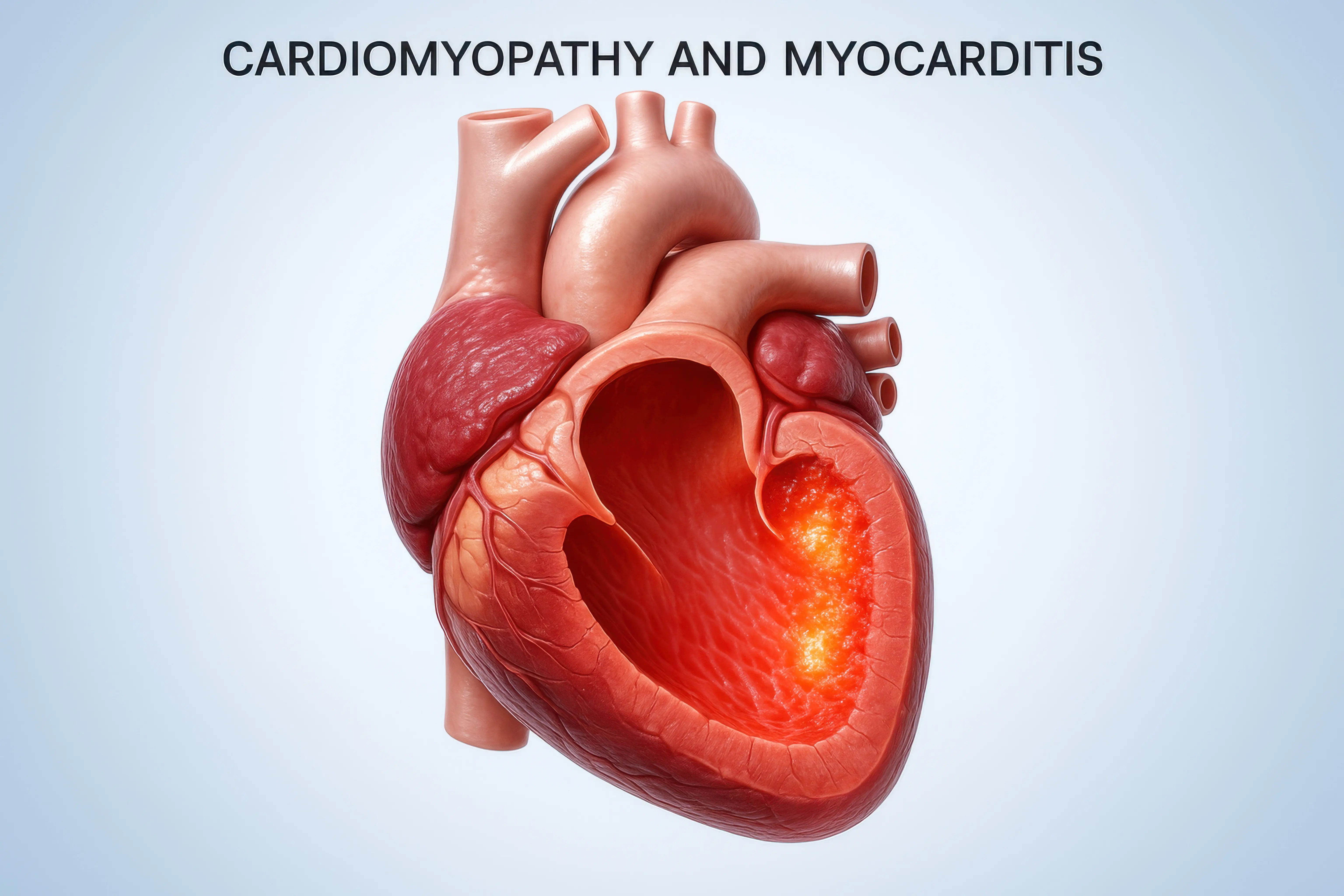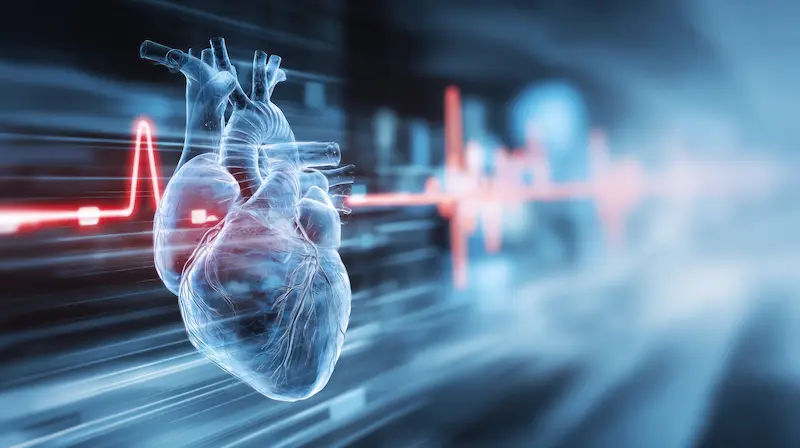- male
- 61 Years
- 20/02/2025
I'm a bit worried about my dad. He's 61 and has been dealing with diabetes and thalassemia. He had surgery for a blockage about six years ago, and now he's been feeling really fatigued. He just got a 2D echo done, and the report says RWMALVEF 50. Should I be concerned about these results? Is it something dangerous or is this considered normal given his medical history?
Answered by 1 Apollo Doctors
Patient's 2D echo report showing impression of Regional Wall Motion Abnormality (RWMA) with Left Ventricular Ejection Fraction (LVEF) of 50% indicates a decreased heart function. This can be concerning and may require further evaluation and management. To improve heart function and address fatigue, the patient can be prescribed medications like Carvedilol 6.25 mg twice daily and Lisinopril 5 mg once daily. Additionally, the patient may benefit from Aspirin 81 mg daily for cardiovascular protection. Regular follow-up with a cardiologist is recommended to monitor the condition and adjust treatment as needed.
Dr. Chandra Suggests...
Consult a Cardiologist
Answered 25/07/2025
0
0

More Cardiology Health Queries
View allI'm a 13-year-old boy with a hole in my heart, and my parents didn't go for the surgery. What kind of problems could this cause for me now and later in life? Will it get worse as I grow older?
A heart defect can cause breathlessness, fatigue, or infections later in life. Get an echocardiogram. If large, surgery may be needed before adulthood.
Answered by 1 Apollo Doctors
I'm really curious about what my ideal resting heart rate should be. I'm overweight and just started working out. Will my resting heart rate improve as I lose weight? What types of exercises would you recommend to make sure I don't stress my heart too much while trying to get to a healthier resting heart rate?
normal Heart rate is 60 -90bpm
Answered by 1 Apollo Doctors
What does a heart blockage feel like?
The symptoms of an heart block include chest pain and tightness, and shortness of breath
Answered by 1 Apollo Doctors
Disclaimer: Answers on Apollo 247 are not intended to replace your doctor advice. Always seek help of a professional doctor in case of an medical emergency or ailment.



_2.webp)
